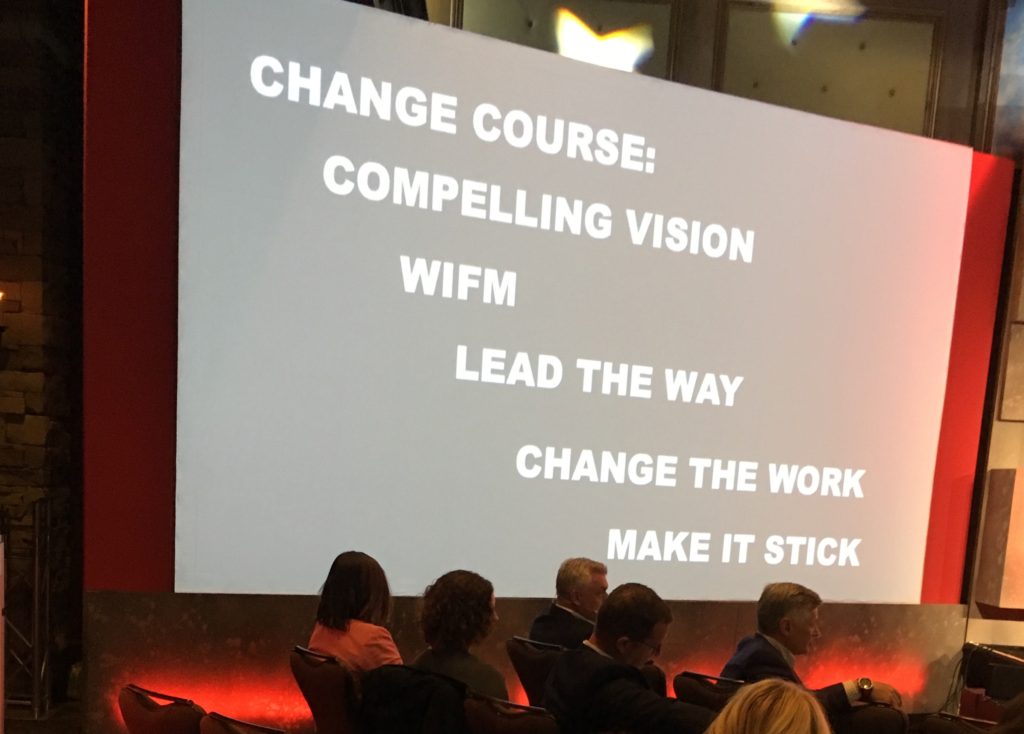Oh, Tim must be talking about the great A.I. tech that’s coming out, or the next great tech that will replace staffing agencies, or the next website that will change the entire industry forever – “Oh hey! Google Jobs.” I’m sure he’s going to be talking about using Fitbits to increase our organizational wellness! No, it’s probably how if we write one sentence of feedback a day to each employee our engagement and retention will go up 3,000%! I heard that one at SHRM this year!
I keep searching for the next great trick that will help me to lose weight and keep it off. Why hasn’t science created a pill that allows me to eat and drink anything I want and I can stay skinning? Seriously, the person who develops this will rule the universe!
In America, we love tricks! I think it harkens back to the Baby Boomers who got us hooked on TV Dinners and every TV infomercial products that ‘magically’ could do everything we needed without us doing anything, besides making four easy payments of $19.99.
It’s mostly all crap.
We are hooked on tricks and over-night solutions to fix everything that is wrong with us. Personally and professionally. We live an instant gratification world. I get pissed when it takes more the thirteen seconds to get my fast food meal from the drive-thru, I mean hasn’t A.I. figured out that I’ll be stopping before I figured it out. These robots suck!
So, here’s the Next Greatest Trick in HR:
Do great sh*t!
Yep, turns out the next great trick has always been the trick. Just do really awesome stuff! As I come off the conference season I look back at my notes and all the cool stories and ideas and there is one common theme. All the best stuff, the best ideas, were great from the beginning and had a team that wouldn’t allow that great stuff to die!
And by a ‘team’, it’s usually one person taking a stand, believing, caring a little too much. A try-hard. Who just wouldn’t let it go.
Rusty Rueff, says, “Make big changes, to big things”.
The trick to world class HR is do great sh*t. Then do more great sh*t. And don’t let anyone in the organization tell you to stop doing great sh*t. You need to become the Department of Great Sh*t!
That’s tricky.

